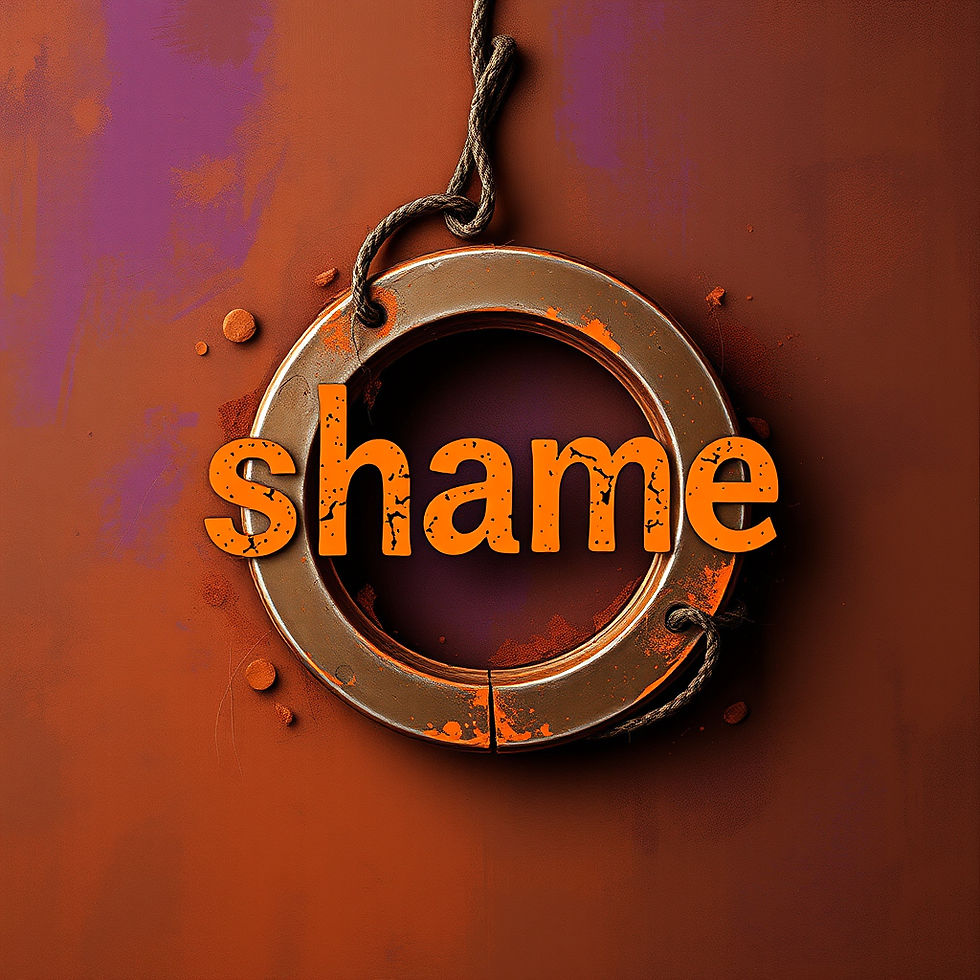book thoughts: WHERE IS THE LIE?
- Marchelle Wilson

- Jul 29, 2020
- 3 min read
Black Skin, White Masks by Frantz Fanon
_____________________________________________

The language in Fanon’s Black Skin, White Mask reminds me of intellectual prisoners. Many of these men exist in my life. I have watched men enter prison nearly illiterate only to come out masters of the English language and show-offs with their play on words. Many of those men only possess that: a large vocabulary with no substance. There are always a few who had an internal awakening of self-discovery and those special souls remind me of Fanon. Fanon wrote this book in the 50’s and is relevant to contemporary discussions because his message lingers in barbershops and many other urban societies.
Black people are often discussed as if we are invisible. Our core issues are grouped into the masses as if we share a commonality; we do, because we all are God’s children, in my opinion but because we are born into different civilizations, we come with a different set of “baggage”. We are not crazy. The black experience in foreign lands and stolen lands is a cultivation of a system that wants black people to believe that we are inferior. Fanon tackles those issues. He questions the methods and reaffirms the injustices experienced by people of color. He rebukes the assumptions, that keep people of color feeling inferior. At the beginning of chapter four, he refuses to accept the psychology of Mannoni who states, “The fact that when an adult Malagasy is isolated in a different environment he can become susceptible to the classical type of inferiority complex proves almost beyond doubt that the germ of the complex was latent in him from childhood” (65). Fanon rejects that inferiority exists before persons of color were forced to reject their own customs and adapt to the ways of the oppressor. It is his belief that this inferiority is a direct result of colonization.
When I think about madness, I have learned that we also have to define it. Madness is defined by a society and by what it deems “normal” and “not normal.” Fanon criticizes those that naively and without guilt depict people of color as mad. “For not only must the black man be black; he must be black in relation to the white man...Their metaphysics, or less pretentiously their customs and the agencies to which they refer, were abolished because they were in contradiction with a new civilization that imposed its own” (90). This detachment from self can create chaos as he affirms when he says, “Disoriented, incapable of confronting the other, the white man, who had no scruples about imprisoning me, I transported myself on that particular day far, very far, from my self, and gave myself up as an object. What did this mean to me? Peeling, stripping my skin, causing a hemorrhage that left congealed black blood all over my body...I wanted quite simply to be a man among men” (92).
Fanon uses literature, like Richard Wrights, Native Son to make his point. This is one of my favorite books. The character Bigger Thomas has hopes and dreams like that of any man but those hopes and dreams must play second fiddle to the fear his blackness causes in others and the fear that it causes in Bigger. He knows that his identity as a black man has been stripped from his skin. His blackness has become an object. He is no longer a man among men.
As long as racist stereotypes exist that perpetuate the cultural differences in people as madness then Fanon’s Black Skin, White Mask is relevant to an American academic environment that considers itself a melting pot.
Where is the lie?





Comments